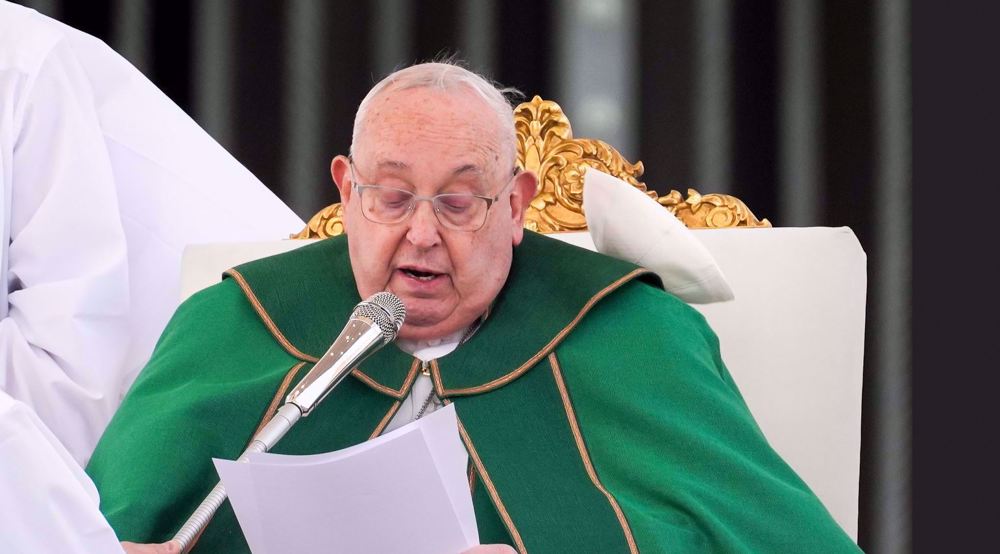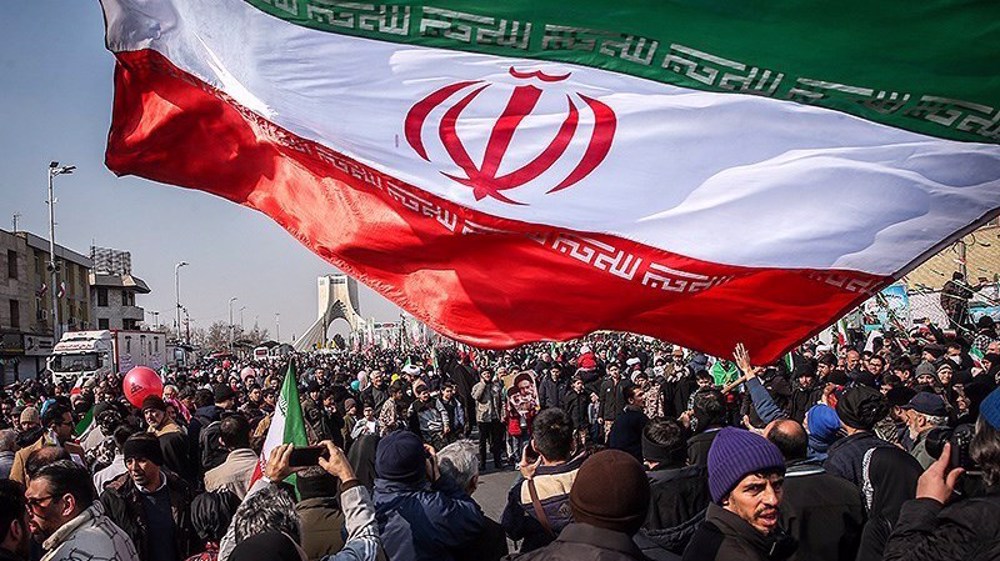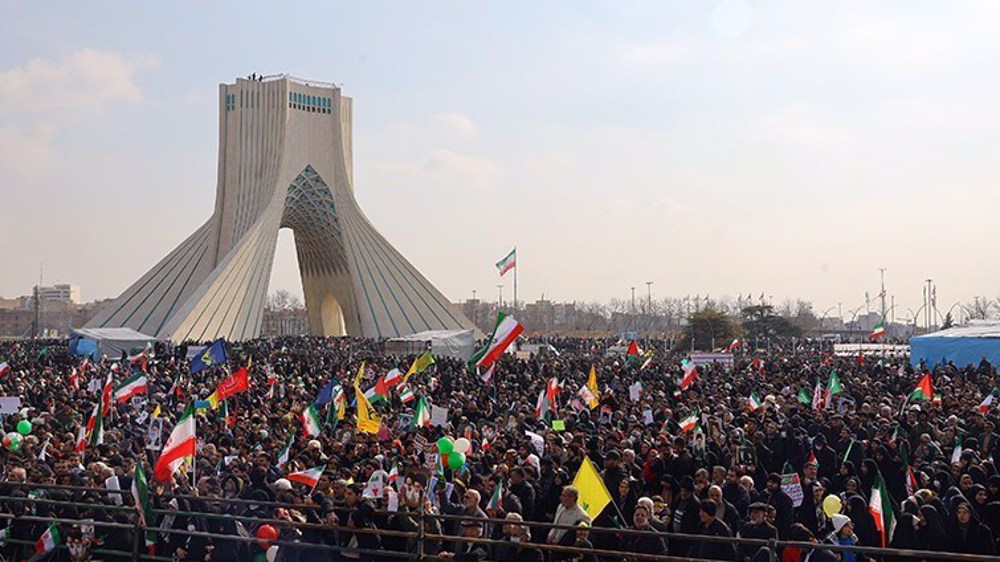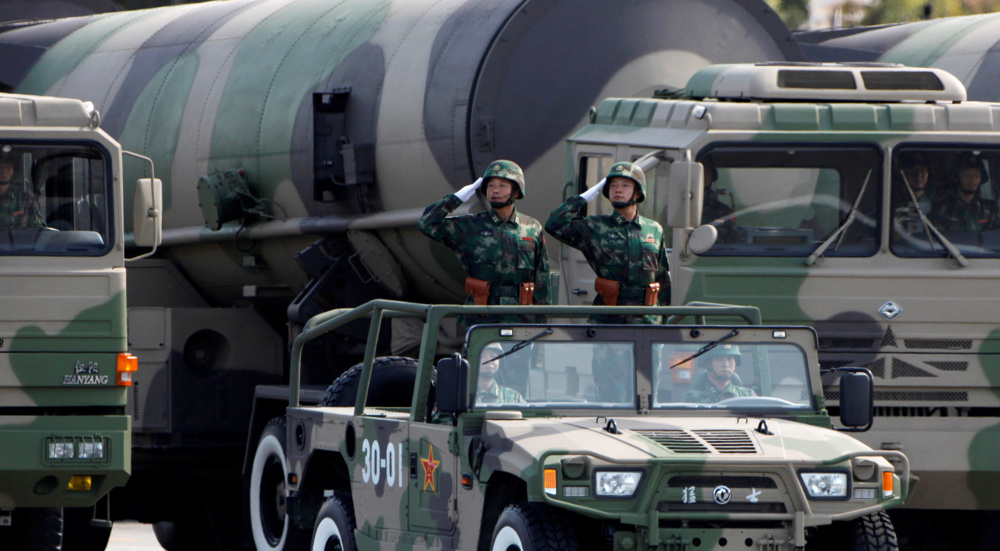Nuclear-power states reach agreement to prevent spread of nuclear weapons
The world’s five nuclear states have agreed to prevent the spread of nuclear weapons and to avoid a nuclear conflict, in a rare joint statement aimed at alleviating global concern and highlighting the push for a nuke-free world.
"We believe strongly that the further spread of such weapons must be prevented," permanent United Nations Security Council members China, France, Russia, the UK and the United States said in a joint statement on Monday, adding, "A nuclear war cannot be won and must never be fought."
Setting aside differences that have caused major tensions between both China and Russia and their Western partners, the five atomic powers said they saw "the avoidance of war between nuclear-weapon states and the reduction of strategic risks as our foremost responsibilities."
The nuclear states added in their joint statement that, "We each intend to maintain and further strengthen our national measures to prevent unauthorized or unintended use of nuclear weapons."
The statement also contained a pledge to abide by a key article in nuclear the Non-Proliferation Treaty (NPT), under which the states express commitment to full nuclear disarmament in the future.
"We remain committed to our NPT obligations, including our Article 6 obligation" on a treaty on general and complete disarmament under strict control.
A total of 191 countries have joined the treaty, whose provisions call for a review of its operation every five years.
The latest review of the NPT, which first came into force in 1970, was postponed from its scheduled date of January 4 to a later time in the year due to the coronavirus pandemic.
The NPT recognizes China, France, Russia, the UK and United States as nuclear weapons powers. India, Pakistan and Israel, which are not signatories of the NPT, have also developed nuclear weapons.
The Monday statement comes as tensions between Russia and the United States have escalated over the situation around Ukraine and an alleged troop build-up by Moscow close to its western borders.
China has also been at odds with the United States in recent years over a range of issues, including trade, Chinese Taipei, Hong Kong, military activities in the South China Sea, and the origins of the coronavirus.

Pope Francis in critical condition due to ‘asthmatic respiratory crisis’: Vatican

Hezbollah hails Iran’s Islamic Revolution as historic turning point in resistance

Iranians mark 46th anniversary of Islamic Revolution with nationwide marches, celebrations
Iranian flotilla makes port call in India with 'friendship message'
How UK counter-terror police colluded with Zionists to detain me after Beirut trip
Biden, Blinken, Austin referred to ICC over Gaza war crimes
EU will 'do the same' if US implements tariff hikes: France
VIDEO | Press TV's news headlines
British celebrities condemn BBC removal of Gaza documentary
Iran Army acquires tactical vehicles, audio surveillance systems
VIDEO | UK police detain anti-Zionist scholar upon return from Lebanon








 This makes it easy to access the Press TV website
This makes it easy to access the Press TV website